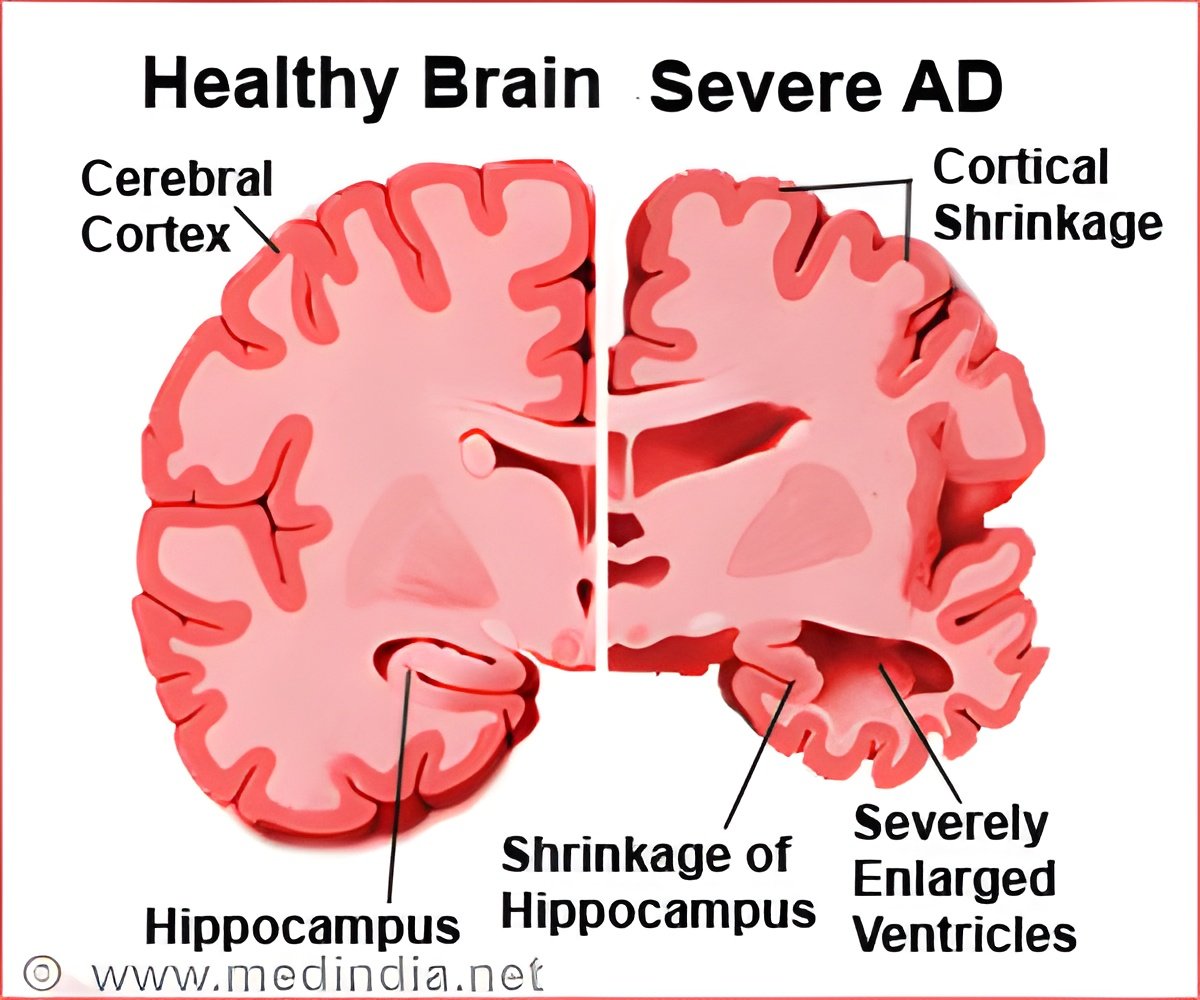Gripping over 2 million elderly people worldwide, Alzheimer’s disease is a serious neurological condition, still devoid of an appropriate treatment.

Detection methods: A simple standard cognitive detection test is carried out as the first step to the detection of Alzheimer's. If a patient fails this test, he/she is further subjected to a series of tests, including a brain scan.
Spinal fluid testing is by far the most accurate method of detection of Alzheimer’s disease; however, it is rarely carried out. Combined with a brain scan, this test produces 85-90% accuracy in diagnosis.
Coping with Alzheimer's: Prevention is better than cure'-The saying holds true, even for Alzheimer’s. Simple lifestyle changes can make a significant difference and boost brain immunity keeping Alzheimer’s and other brain disorders at bay. Inflammation, one of the major causes of the onset of this disease, is thought to be reduced by exercise. Elderly people who exercise regularly are at a much lower risk of developing Alzheimer's disease and other diseases that affect cognitive function.
A diet rich in fruits and vegetables, especially green leafy ones reduce chronic inflammation to a great extent. Another study demonstrates the efficiency of coffee in preventing Alzheimer’s. Coffee and moderate wine consumption is thought to protect the brain. Furthermore, people who consume non-steroidal anti-inflammatory drugs (NSAID’s) on a regular basis are less likely to suffer from Alzheimer’s and any other form of dementia. It is also found that taking supplements of vitamin B6 and B12 could lessen the shrinkage of brain and slow down the cognitive decline to over 2 years.
The best way, however, to delay and prevent the onset of this disease is to keep the brain busy especially in the later years of life. Elderly people who regularly play mind games like Sudoku and solve crossword puzzles have healthy brains than those who don’t. Learning a new language later in life is also known to boost brain power and reduce the risk of cell damage.
These scientists managed to prove that this disease actually spreads from one brain cell to another, continuing this process along a predictable path, gradually destroying a considerable portion of the person’s brain, impairing the ability to think and remember. Numerous researches have already proven the fact that the more worse and severe the symptoms, the greater the area of the brain affected.
Source-Medindia
 MEDINDIA
MEDINDIA



 Email
Email





